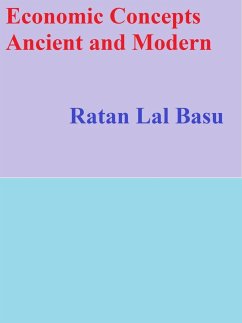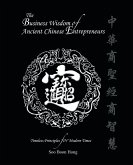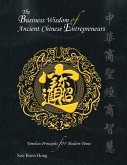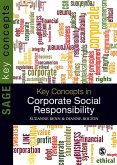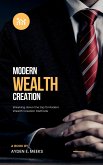The first three chapters are on the economic concepts embedded in the ancient Indian Sanskrit treatise the Arthasastra of Kautilya, written around 300 B.C.
Kautilya (also known as Chanakya and Vishnu Sharma) was the Prime Minister of Chandragupta Maurya, the first king of the Maurya Dynasty. Artha in the narrow sense means money but in the wider sense it means all material means to meet human requirements and sastra means the holy book.
The fourth chapter delineates the concept of Swadeshi as conceived by Mahatma Gandhi during the first half of the twentieth century. Mahatma Gandhi was unquestionably the greatest political leader of India during Nationalist Movement. He was not only a politician, but also a savant whose Gospels of 'Ahimsa' (non-violence) and 'universal love' have won him world-wide acclaim. His economic concepts, especially that of Swadeshi , is still relevant for the less developed countries and if emulated may help them overcome many intricate economic problems.
The fifth and sixth chapters deal with some modern economic concepts like laissez faire and its feasibility, economic concepts of Karl Marx, Adam Smith, Neoclassical school and Keynes.
Dieser Download kann aus rechtlichen Gründen nur mit Rechnungsadresse in A, B, CY, CZ, D, DK, EW, E, FIN, F, GR, H, IRL, I, LT, L, LR, M, NL, PL, P, R, S, SLO, SK ausgeliefert werden.

